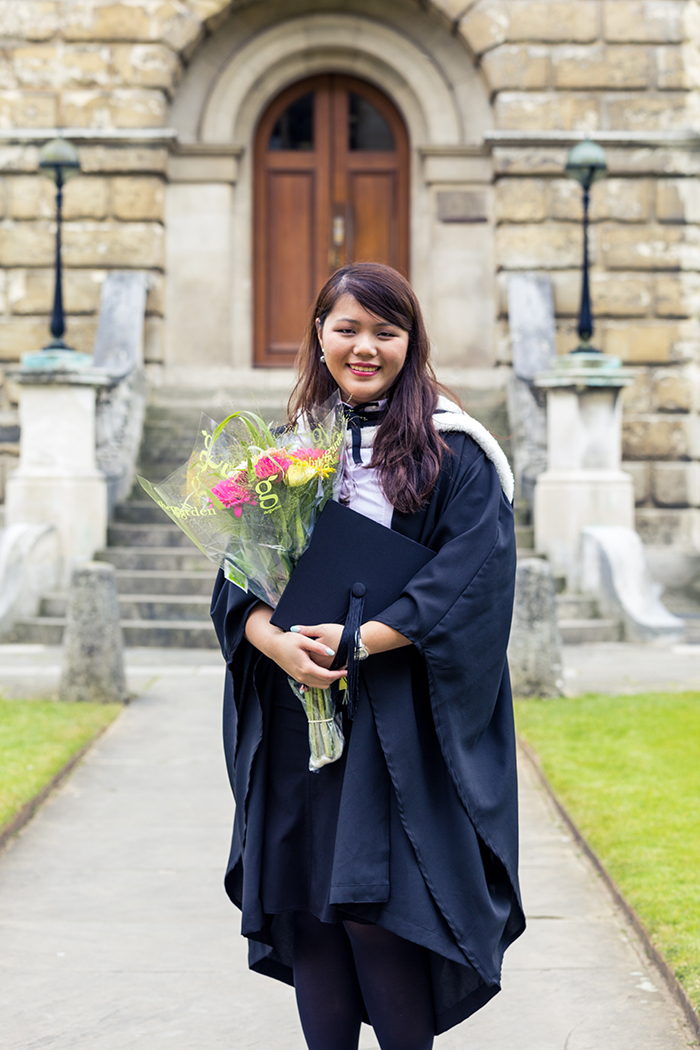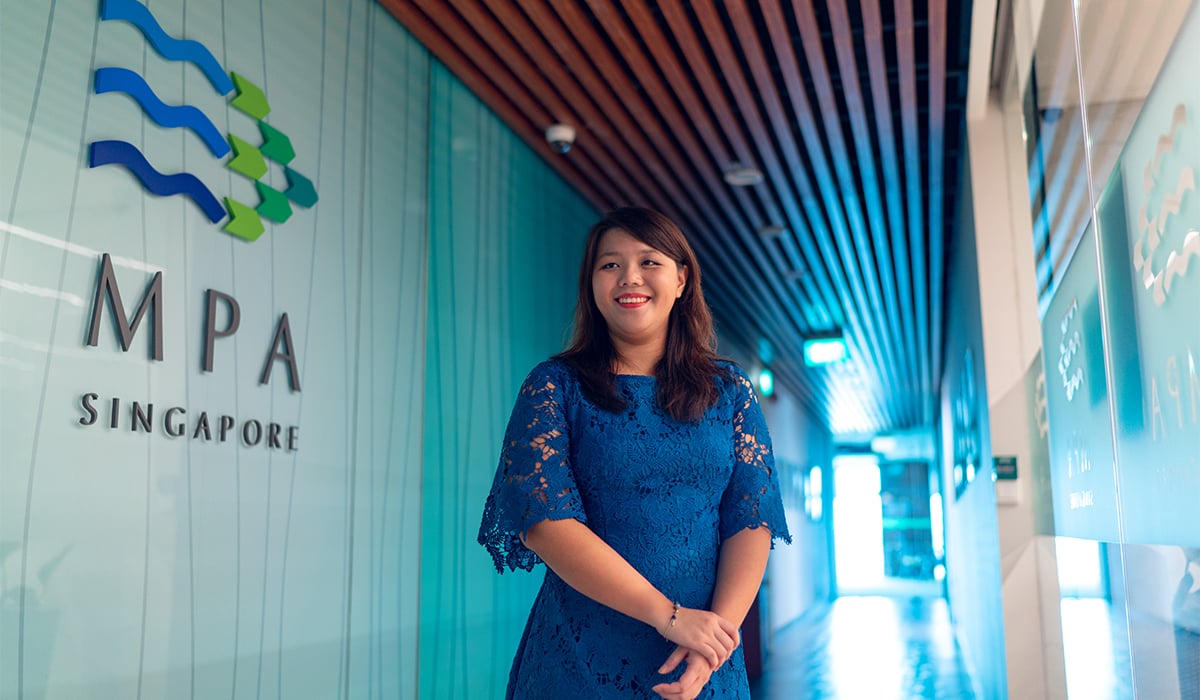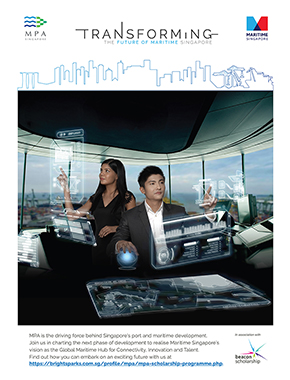Lim Shu Ching, Minerva is currently a Special Assistant to the Chief Executive at Maritime and Port Authority. She is a MPA Scholar and holds a Masters in Philosophy in World History from Cambridge.
“Maritime is one of the few truly global industries. By nature, it covers cross-cutting areas such as safety, sustainability, digitalisation and global trade. If you are interested to challenge your worldview and broaden horizons, this is the right sector to be in.”
Lim Shu Ching, Minerva, opened her interview with those words, a ringing endorsement of the maritime industry. As a Maritime and Port Authority of Singapore (MPA) Scholar, she certainly knows about what she speaks, having worked on cross-functional project teams and been rotated to undertake different job portfolios.
A Marina for Talent
3D-printed engine parts and self-service kiosks for vessels have already made the news and caused a ripple in the industry, but these innovations might not have had the same effect if the details were not communicated effectively. For that, Minerva's current role is pivotal, as she assists the Chief Executive and prepares speeches, interview responses, media releases and social media posts, to ensure that the right message is communicated to the community.
“I also work closely with our line divisions and key stakeholders to coordinate industry engagements and drive MPA's key interest projects, such as in the areas of digitalisation, decarbonisation and talent attraction,” she went on. “One project that I have taken on recently is to develop a strategy for the curation of Singapore's maritime heritage, which is of interest to me given my background in History.”
Minerva is especially grateful to MPA for supporting her undergraduate studies in History with the University of Oxford and thereafter, a Masters in Philosophy in World History from Cambridge. “Very few agencies at the time were willing to sponsor scholars to study ‘unconventional' subjects like History – most preferred applicants who studied subjects like Economics, Law or even Geography,” she recalled.
“Coupled with my curiosity about the maritime sector, MPA was my natural choice.”

Lim Shu Ching
Her studies overseas broadened her mindset and introduced her to fundamentally different ways of looking at the world, a perspective integral to her work at MPA.
“Maritime is a highly technical and specialised industry. For any newbie joining the sector, there is a lot to learn, whether it is to do with issues of navigational safety, bunkering standards or supply-chain integration, to name just a few.”
“The important thing is to be willing to constantly learn and find out more, especially from the many experts in the industry whose years of experience at sea or in operations make them sources of invaluable advice.”
An Ocean of Support
Her colleagues in MPA are not just sources of knowledge, but friends outside the office as well. “I would say that MPA is a flexible and fun-loving organisation – we know how to work hard and play hard. Outside of work, my colleagues and I get together for meals and drinks and we see each other as friends,” she remembered happily.
“I think this atmosphere of camaraderie and support is important, given that we spend so many hours of our lives at work!”
Collaboration was especially important in her last job rotation with the Strategy and Policy Division, as she prepared a policy paper to assess the impact of new security initiatives on our hub port. “In preparation for the paper, my team worked for two years with various other government agencies such as Ministry of Transport (MOT) and Singapore Customs, to actively engage various industry players and size up the cost of these new initiatives to the various actors in the maritime supply chain – whether shipping lines, terminal operators or shippers,” she explained.
Her proudest moment was when it was presented: “I eventually presented this paper to senior management in MPA and MOT, and was glad to have played a part in formulating policy recommendations that have a direct impact on our port and maritime companies.”
A Sea of Possibility
As Minerva's explanations show, MPA has a wide variety of roles for any kind of interest, a result of the diverse nature of the maritime industry with its many sub-sectors and operational areas. These vary from generalist roles in policy and industry promotion to specialist roles in engineering and marine operations.
Community Spirit
Minerva is an active community volunteer in her spare time. She is currently head of the Community Engagement sub-committee as Deputy Director at Young Women's Leadership Connection (YWLC), where they run community outreach programmes for women and children at crisis shelters, and support school girls from disenfranchised backgrounds through careers coaching and mentoring.
MPA itself is also taking advantage of this with the introduction of a Structured Job Rotation (SJR) programme, which gives employees greater exposure to different functions by rotating them through different job roles every few years. “We are moving towards a culture of greater cross-divisional projects, which allow officers to contribute in areas beyond their everyday job scope,” said Minerva.
That sums up MPA's place as the agency behind our premier global hub port – a place that has many career tracks on offer. As Minerva finished: “As a regulator, policy agency and industry promoter, we shape the direction and future of this global industry by setting standards, bringing partners together and driving projects. If you can see yourself playing that role, this is the right place for you!”


